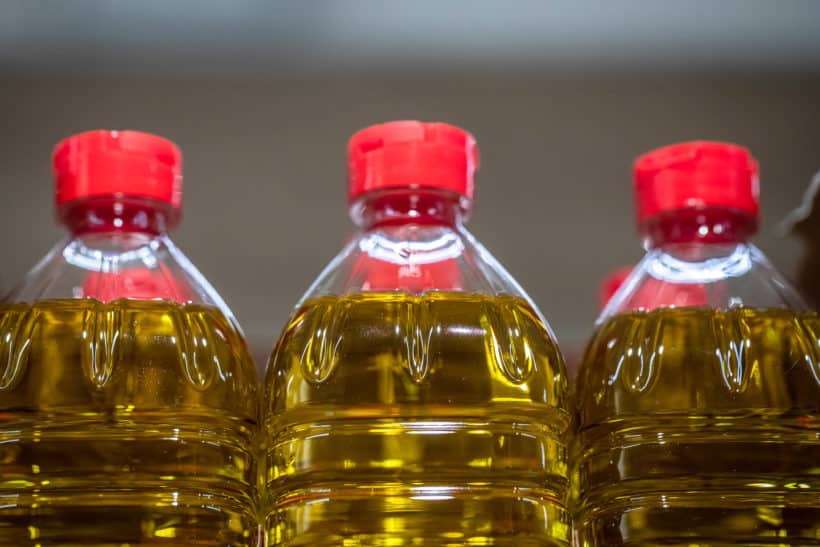
South Africa’s Competition regulator has accused the country’s retailers of overcharging consumers on sunflower oil and bread prices.
“South African consumers may be facing opportunistic price increases of sunflower oil as processor prices have increased by far more than sunflower seed prices this year and, retailers have not passed on wholesale cost reductions for bread in the past resulting in widening retail margins,’’ the Competition Commission said its latest Essential Food Pricing Monitoring report.
The regulator said it was also seeing a widening of farm-to-retail spreads in prices, large price differences between regions for basic fresh produce, growing margins at the processor and retailer level, as well as the general trend of price inflation.
Surging inflation has forced South Africa’s central bank to tighten monetary policy, further slowing an economy struggling with near record unemployment amid power blackouts and a weakening global economy. The central bank which has already raised interest rates by 150 basis points in its latest cycle, has indicated it may need to tighten policy further to contain rising inflation expectations.
Read more: South Africa’s consumer inflation quickens to 7.8% y/y in July
Statistics South Africa earlier reported consumer inflation accelerated to 7.8 percent in July, versus 7.4 percent in June, fanned by accelerating transport, food and housing prices. Stats SA said the consumer price index jumped by 1.5% month-on-month, only the fourth time it has been this high higher 2008.
“Consumers are feeling the pinch, particularly for non-durable goods – those items bought most frequently, such as food, drink, electricity, fuels, and medicine,’’ the Stats SA noted, adding that inflation for non-durable goods was at 14.4%. “This is much higher than the rates recorded for durable goods.’’
South African unions took to the streets today, protesting against rising food prices and demanding that the government provide a cushion for workers and struggling families. But with Finance Minister Enoch Godongwana fighting to return South Africa’s finances to health, analysts say the government has little room to help.
Godongwana is expected to present to his spending plans in the Medium Term Budget Policy statement in October.
The Commission said it will continue monitoring food prices to ensure any reduction in prices is passed onto consumers. It said it has also started investigations into basic foodstuff value chains to deter what it called “opportunistic behaviour given the levels of concentration in the value chain.”